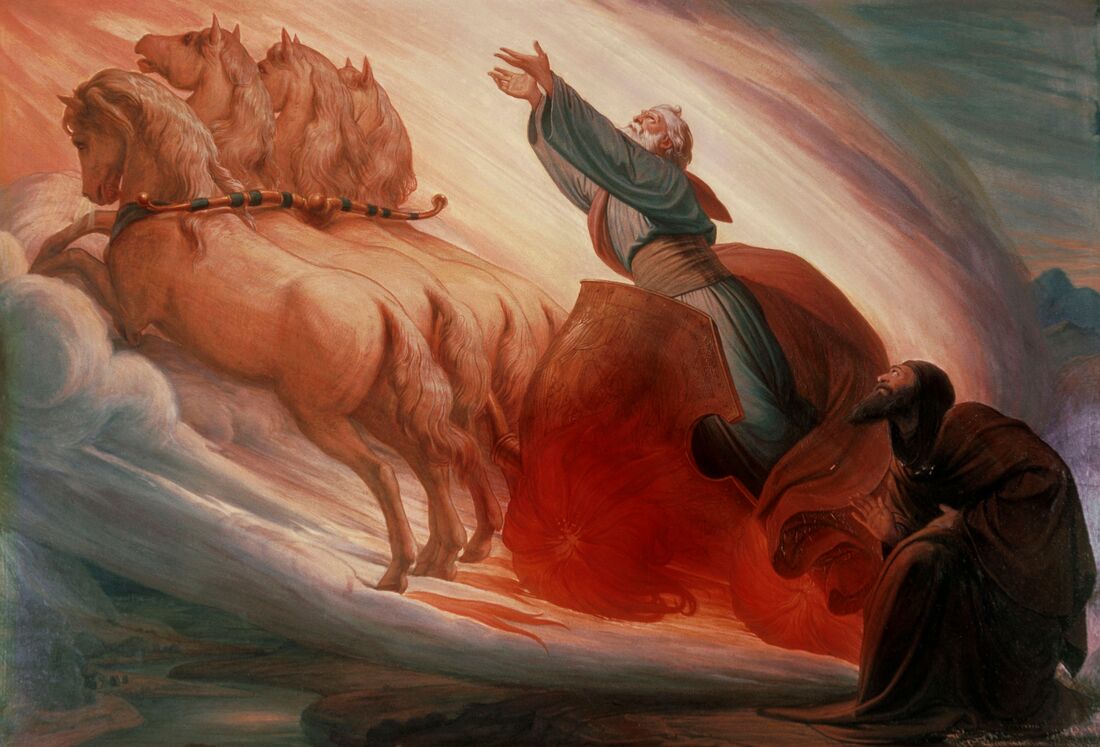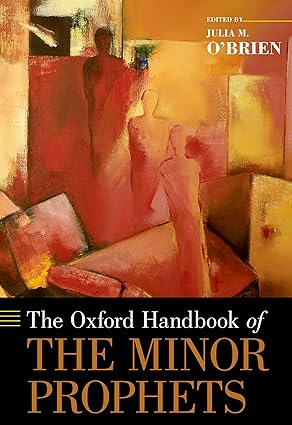What's so special about this book, you wonder?
Well, our very own Rabbi Stephen Fuchs is among the scholars selected to write a chapter for inclusion in this publication.
Below is a description of this title from Amazon.com:
`The Oxford Handbook of the Minor Prophets provides a clear and engaging one-volume guide to the major interpretative questions currently engaging scholars of the twelve Minor Prophets by collecting 40 essays by both established and emerging scholars who explore a wide range of methodological perspectives. Divided into four sections, the first group of essays is devoted to historical studies which consider the manuscript evidence for these books and overview debates about how, when, and by whom they were composed. Essays dealing with literary explorations consider the genres and rhetorical style of the material, key themes, and intertextual connections with other sections of the Jewish and Christian canons. A large section on the history of interpretation traces the ways in which past and present confessional communities, scholars, and artists have understood the Minor Prophets. In the final section, essays on individual books of the twelve Minor Prophets explore the structure, themes, and contested issues of each book. Edited by Dr. Julia M O'Brien. ~ Amazon.com
Well, our very own Rabbi Stephen Fuchs is among the scholars selected to write a chapter for inclusion in this publication.
Below is a description of this title from Amazon.com:
`The Oxford Handbook of the Minor Prophets provides a clear and engaging one-volume guide to the major interpretative questions currently engaging scholars of the twelve Minor Prophets by collecting 40 essays by both established and emerging scholars who explore a wide range of methodological perspectives. Divided into four sections, the first group of essays is devoted to historical studies which consider the manuscript evidence for these books and overview debates about how, when, and by whom they were composed. Essays dealing with literary explorations consider the genres and rhetorical style of the material, key themes, and intertextual connections with other sections of the Jewish and Christian canons. A large section on the history of interpretation traces the ways in which past and present confessional communities, scholars, and artists have understood the Minor Prophets. In the final section, essays on individual books of the twelve Minor Prophets explore the structure, themes, and contested issues of each book. Edited by Dr. Julia M O'Brien. ~ Amazon.com
The Abstract
This essay demonstrates the major roles the Minor Prophets play in shaping contemporary Jewish thought and practice. These books are read on or near occasions such as Yom Kippur, Chanukah, and Passover when more Jews are likely to attend synagogue than any other time of the year. The essay discusses passages from Amos, Hosea, Joel, Micah, Obadiah, Jonah, Zechariah, and Malachi and their significance as Haftarah portions for Sabbaths and festivals throughout the year. Their emphases on social justice, repentance, concern for the stranger, and the less fortunate of society make these issues vital concerns in Jewish life today. The essay underscores the prophets’ ability, in the midst of often harsh messages, to cling to hope for a better future and point to a time when humanity will live in peace and harmony.
Repeatedly in the Bible, it is the woman who 'gets it' and the man who is clueless. Eve has been maligned for generations for the supposed fall of man, when in fact; she is the heroine of the elevation of humanity. ~
"Women (Em)Power" from "Why the Kof? Getting the Best of Rabbi Fuchs."
"Women (Em)Power" from "Why the Kof? Getting the Best of Rabbi Fuchs."
Site powered by Weebly. Managed by iPage


